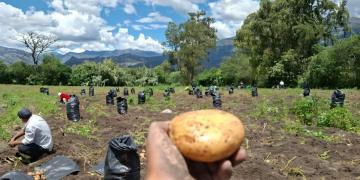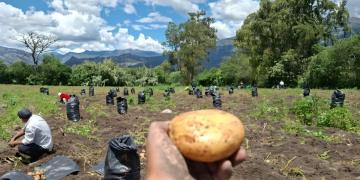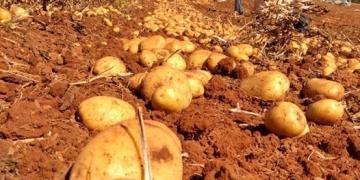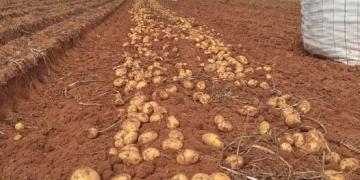Lesotho: The agricultural revolution through potatoes
In Lesotho, the potato has now established itself as one of the pillars of the national economy following the "One Country, One Priority Product" program initiated in 2022 by the United Nations.
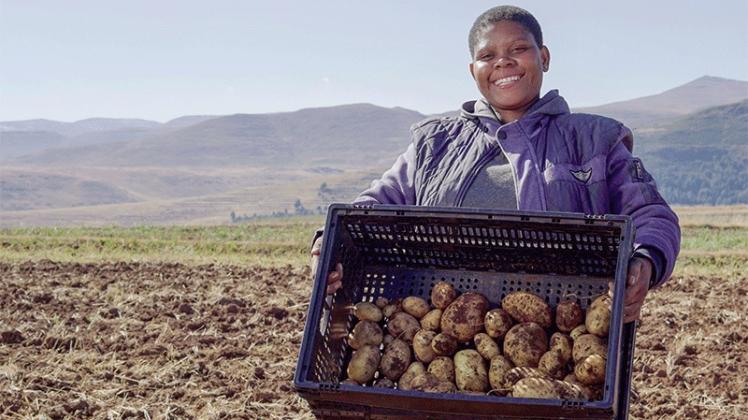
The King of Lesotho has stated that the potato can contribute to the country’s agricultural growth and transformation. Once grown primarily for family consumption, the potato is now a symbol of Lesotho’s national transformation. In 2022, Lesotho joined the Food and Agriculture Organization of the United Nations (FAO) One Country, One Priority Commodity (OCOP) initiative, choosing the potato as its priority crop. King Letsie III of Lesotho, FAO’s Special Goodwill Ambassador for Nutrition, emphasized that potatoes are central to Lesotho’s strategy for food security and economic resilience.
“What motivated Lesotho to commit and participate in the program was that we had already been conducting research for several years. And through that research, we realized there was a product we could grow in Lesotho that could contribute to agricultural growth and transformation. That product is the potato,” says King Letsie III of Lesotho.
Potatoes, known for their climate resilience, grow well in the country’s mountainous regions, where many vulnerable communities live. Maleuta Mahao, a 27-year-old farmer, started growing potatoes two years ago, in 2023, in Semonkong, a remote town located at an altitude of 2,200 meters in Maseru district.
“Agriculture is important for young people because it allows us to create our own jobs, earn an income to support ourselves and feed our families,” explains Maleuta Mahao.
Maleuta is one of 750 farmers supported by FAO who have benefited from improved seeds, fertilizers, and training through this initiative. After starting with just 25 kg of seeds, she recently harvested more than 300 kg of potatoes.
Women make up more than 60% of farmers supported by OCOP, explained King Letsie III of Lesotho, emphasizing the importance of empowering rural women through this crop.
Lesotho’s high-altitude climate provides ideal conditions for growing potatoes. According to Nthimo Mokitinyane, FAO’s OCOP focal point in Lesotho, productivity in pilot areas has increased by nearly 20 percent thanks to this initiative.
The goal is not only food security, but also economic transformation, explained Thabo Mofosi, Lesotho’s Minister of Agriculture. Building local capacity to produce more would reduce the country’s dependence on food imports and attract young people who struggle to find jobs.
“Currently, we produce about 9,000 tons of potatoes per year, but within two years, we want to increase this production to 24,000 tons. This will significantly help us reduce our dependence on food and seed imports from neighboring countries. In this way, potato cultivation can help bring back our compatriots who have left the country,” explains Thabo Mofosi, Lesotho’s Minister of Agriculture.
One of the OCOP initiative’s key activities is to increase farmers’ incomes by connecting them to local markets. For Lesotho, the potato is no longer just a staple food. It is a catalyst for women’s empowerment, youth employment, and a more resilient rural future.
Fuente: Traducido por Argenpapa de: fr.africanews.com

